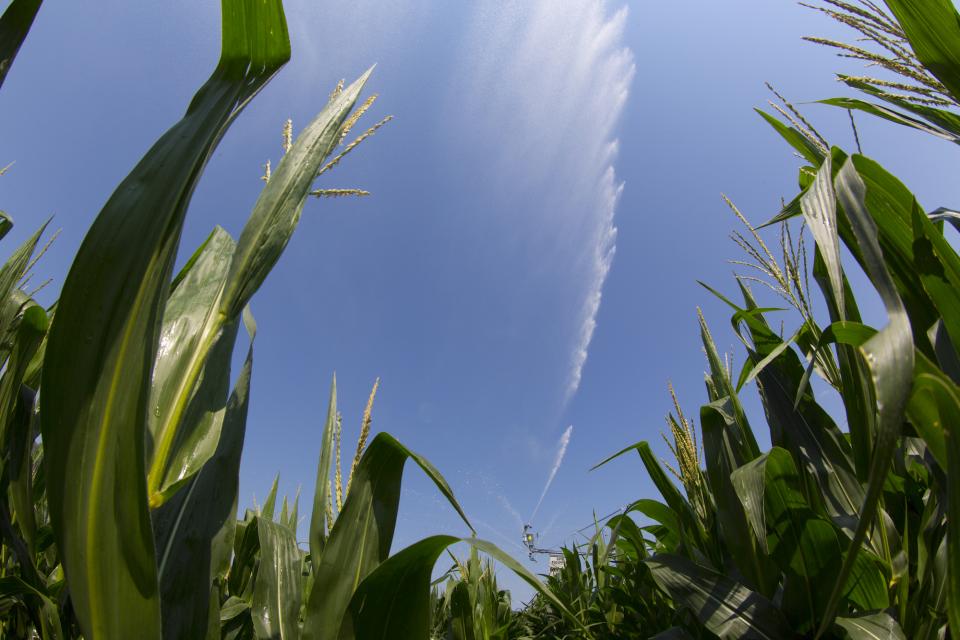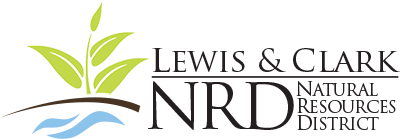Chemigation
The Chemigation Program is intended to protect irrigation water sources from contamination by fertilizer or pesticides, as established in the Nebraska Chemigation Act. When fertilizer or pesticides (i.e., fungicide, herbicide or insecticide) are applied through an irrigation system, the Chemigation Program and Nebraska’s 23 Natural Resources Districts (NRDs) work together to ensure that Chemigation applicators and irrigation systems comply with the requirements of the Chemigation Act and Title 195, “Rules and Regulations Pertaining to Chemigation.”
The responsibility of the NRDs is to permit and inspect injection sites and required safety equipment. The Nebraska Department of Environmental Quality (NDEQ) is responsible for certifying Chemigation applicators. The University of Nebraska Cooperative Extension is responsible for providing training and testing of Chemigation applications. Applicators must be re-certified every four years.
Obtaining a Chemigation Permit:
-
Any person who starts up or shuts down the irrigation system while chemicals are being injected is deemed a Chemigation applicator and must possess a Chemigation certification number.
Chemigation certification is provided by University of Nebraska Cooperative Extension.
- Chemigation certification information and training dates/locations can be found at https://pested.unl.edu/training-and-certification/chemigation/
- Chemigation certification information and training dates/locations can be found at https://pested.unl.edu/training-and-certification/chemigation/
- Complete and submit a
 Chemigation Permit Application to LCNRD
Chemigation Permit Application to LCNRD
- Renewal permit: $20
- New permit: $50
- Special permit: $50
- Emergency permit: $100
- Renewal application deadline: June 1
- All new Chemigation systems must be inspected prior to chemigating.
- Inspections check for the presence of required Chemigation Safety Equipment.
![]() Chemigation Rules and Regulations. Copies are also available from the LCNRD office.
Chemigation Rules and Regulations. Copies are also available from the LCNRD office.

